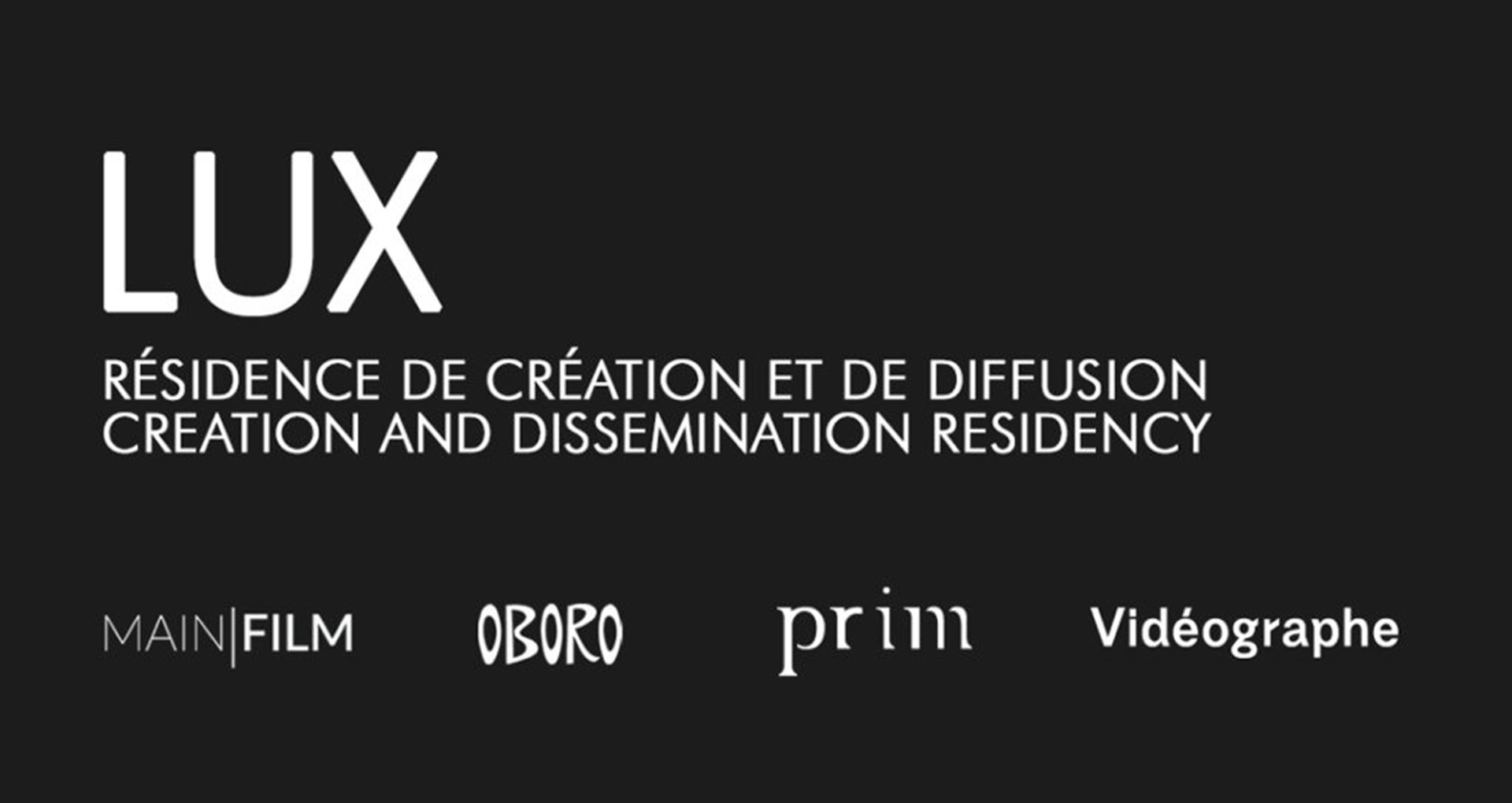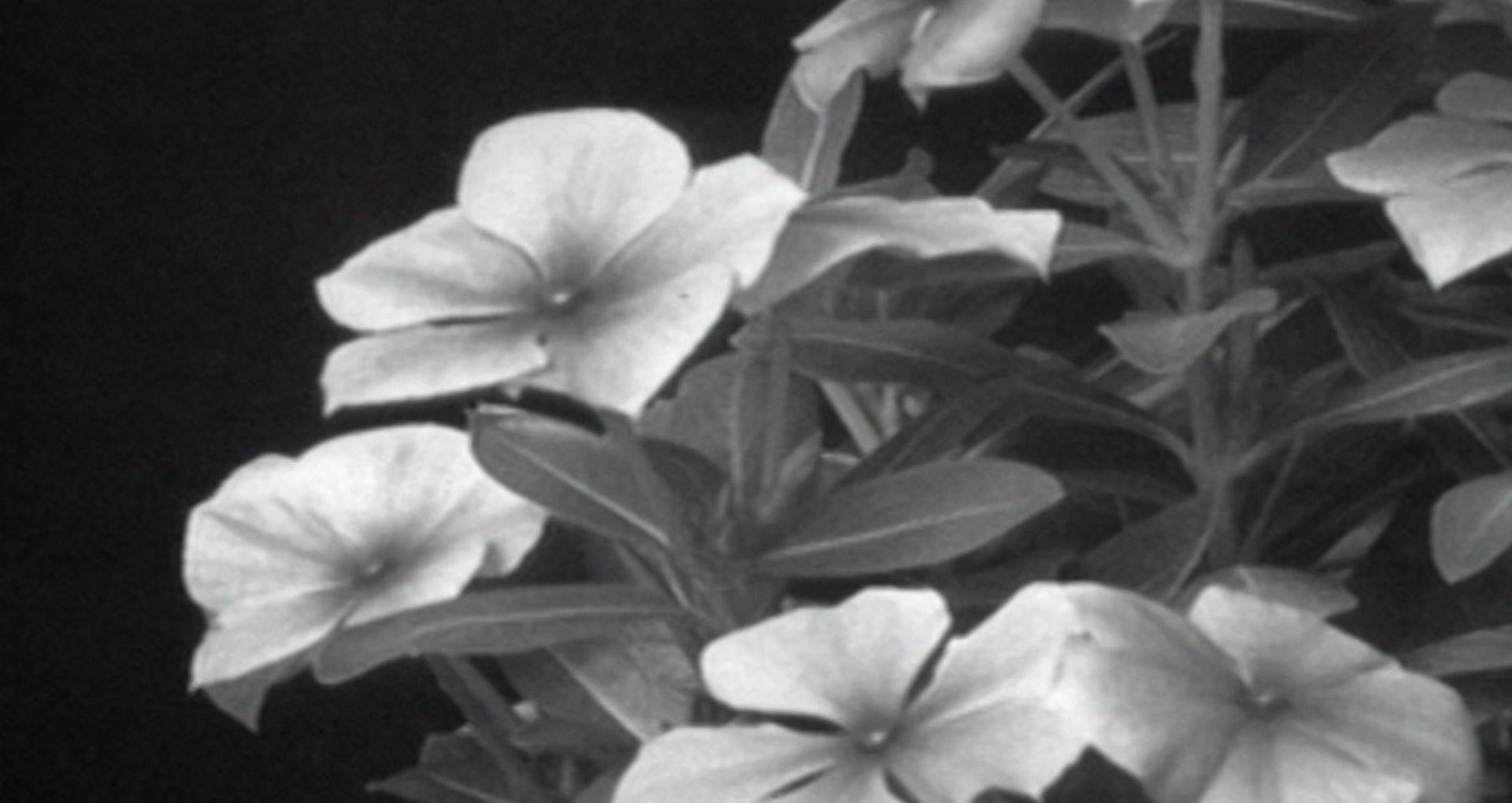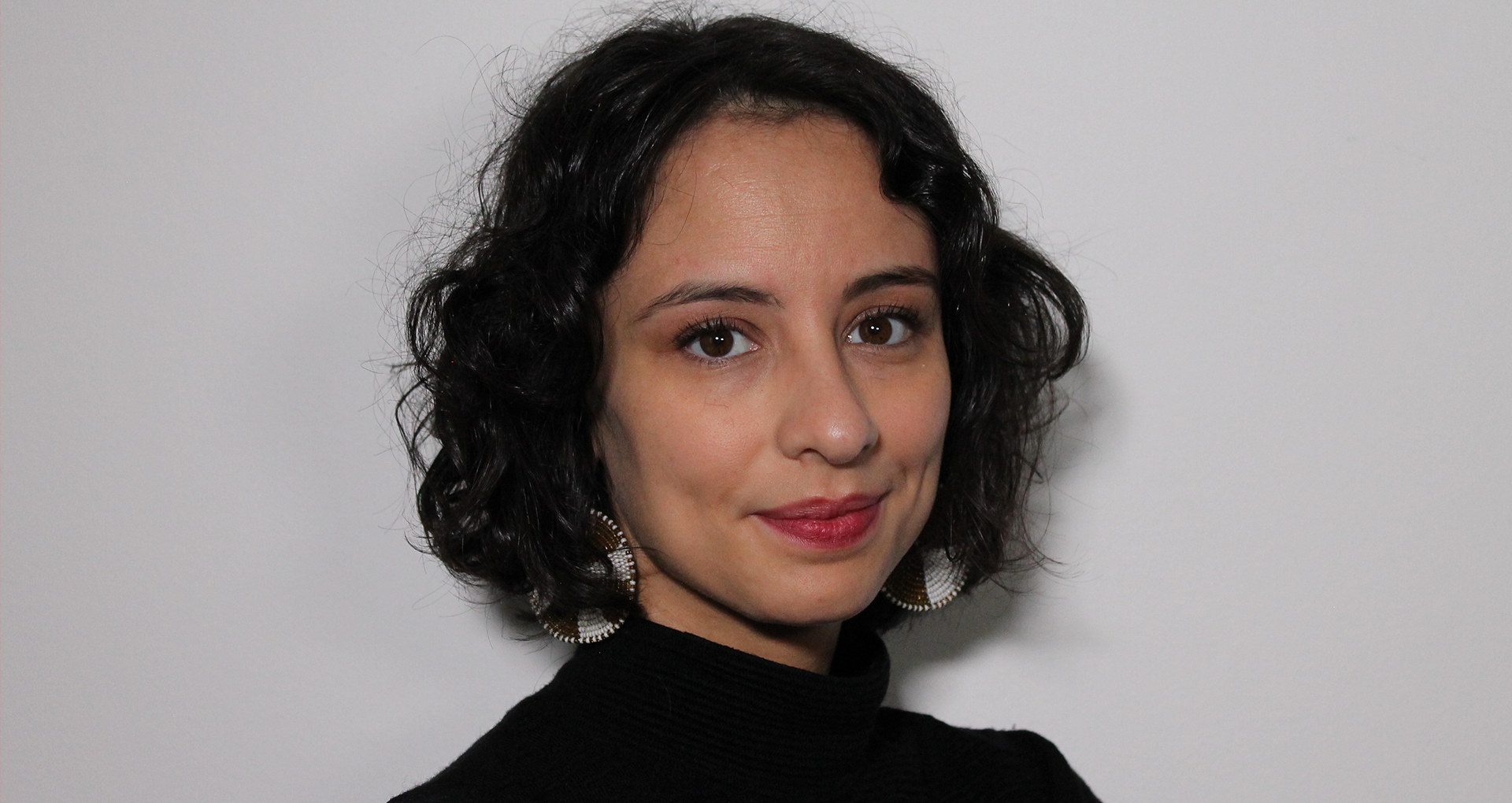
LUX – Creation and Dissemination Residency
Three selected projects
LUX - Creation and Dissemination Residency
Main Film, OBORO, PRIM and Vidéographe are pleased to announce the three selected projects for LUX, the residency dedicated to support the creation and dissemination of original moving image-based artworks by artists from Quebec and Canada. res-lux.art
75 proposals have been analyzed by a jury.
Congratulations to Edith Brunette and François Lemieux (Vases communicants), Kim Kielhofner (All the images) and Roberto Santaguida (Oekistics 1).
The three residency projects will be completed between March 2018 and February 2020. Support for this Vidéographe initiative is provided through the Conseil des arts et des lettres du Québec’s Concertation et innovation program. The artists will have access to technical and logistical support, the combined equipment pools of all four partner organizations, as well as professional promotion and dissemination services.
François Lemieux’s varied art activity melds practice, publishing and research in the form of installations, documents and situations that aim to prompt collective thinking about the notions of value, exhibition, commonality, and the relationship to the norm. A cofounder of the organization Journée sans culture, he co-edits the publication Le Merle, Cahiers sur les mots et les gestes.
Edith Brunette combines artistic practice and theoretical research. Both aspects of her practice reflect on discourses in relation to artworks in the field of the arts, and to what they reveal of the political forces and games at work. As an author and researcher, she regularly publishes texts in journals and art publications. A cofounder of the organization Journée sans culture, she iscurrently enrolled in a PhD program in political sciences at the University of Ottawa.
The project developed by Edith Brunette and Francois Lemieux for the Lux artist-in-residence program testifies to the exigencies and excesses of today’s world, chequered by infrastructure — pipelines, borders, Human Resources, surveillance networks — as well as streaked by movements and displacements that can’t be fully grasped — migrations, dispossession, occupations, exhaustion, explosions, leaks. EdithBrunetteFrançoisLemieux/vimeo
Kim Kielhofner is an artist living in Montréal. She completed a Master’s of Fine Art at Central Saint Martins College of Art and Design in London, UK in 2010 and a Bachelor of Fine Arts degree at Concordia University in 2007. She is known for her videos and drawings that often take the form of books. Her work has been shown in numerous festivals and exhibitions. Recently, she has had solo exhibitions at VOX (Montréal, 2015), Sporobole (Sherbrooke, 2017), LUX (London, 2017) and Dazibao (Montréal, 2017). She won the Hnatyshyn Foundation Charles Patcher Prize (for emerging artists) in 2013 and participated in a residency in Vienna through KulturKontakt Austria in 2017. During her residency, she will expand her interest in layered narratives by developing a video installation exploring simultaneity and simulacrum. kimkielhofner/vimeo
Since completing his studies in Cinema at Concordia University, Roberto Santaguida’s films and videos have been shown at more than 250 festivals around the world. He has been the artist in residency in numerous countries, including the United States, Romania, Germany, Norway and Australia. Roberto is a recipient of the K.M. Hunter Artist Award and a fellowship from Akademie Schloss Solitude in Germany. His project Oekistics 1 is a documentary film installation examining the memories of past places, scarcely visited unless by accident. RobertoSantaguida/vimeo





